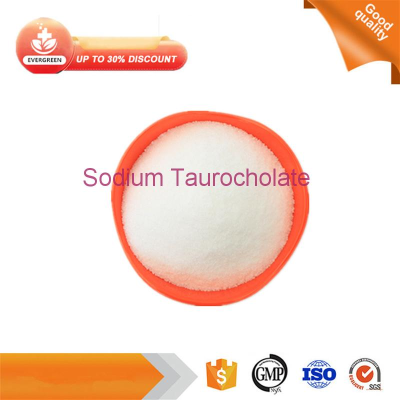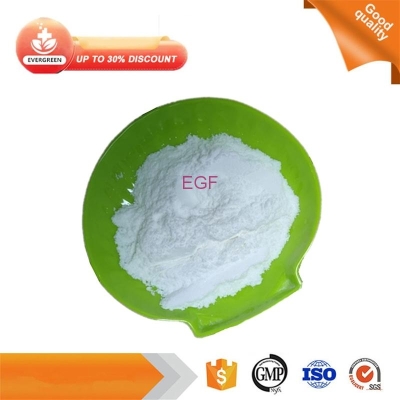-
Categories
-
Pharmaceutical Intermediates
-
Active Pharmaceutical Ingredients
-
Food Additives
- Industrial Coatings
- Agrochemicals
- Dyes and Pigments
- Surfactant
- Flavors and Fragrances
- Chemical Reagents
- Catalyst and Auxiliary
- Natural Products
- Inorganic Chemistry
-
Organic Chemistry
-
Biochemical Engineering
- Analytical Chemistry
- Cosmetic Ingredient
-
Pharmaceutical Intermediates
Promotion
ECHEMI Mall
Wholesale
Weekly Price
Exhibition
News
-
Trade Service
▎WuXi AppTec content team editor
dose intensity on overall survival (OS) in patients undergoing high-risk stage 2 and 3 colon cancer resection in patients receiving adjuvant dual chemotherapy with FOLFOX (5-fluorouracil plus oxaliplatin and folic acid) or CAPROX (capecitabine and oxaliplatin).
The results showed that 80% of the adjuvant chemotherapy dose intensity of each chemotherapy drug was associated with OS improvement in patients after colon cancer resection >
.
The study included a total of 531 high-risk post-stage 2 or 3 colon cancer resection patients who received adjuvant chemotherapy at four Canadian academic cancer centres between 2006 and 2011 and assigned them to receive CAPOX or FOLFOX
。 The researchers analyzed the effect of
dose intensity on OS.
Dose intensity is calculated by dividing the total dose administered by a single chemotherapy drug by the cumulative expected dose
of that drug.
56, 95% CI=0.
33~0.
94, P=0.
026; capecitabine HR=0.
23, 95% CI=0.
08~0.
65, P=0.
006;).
Oxaliplatin HR=0.
52,95% CI=0.
33~0.
82,P=0.
005).
▲Multivariate analysis between patient characteristics and OS (Image source: Reference [1]).
There was a trend towards improved survival in T4 and/or N2 patients treated with oxaliplatin dose intensity > 80% (HR=0.
62, 95% CI=0.
38~1.
02, P=0.
06).
.
This article is for informational purposes only, and the views expressed in this article do not represent the position of WuXi AppTec, nor do they represent WuXi AppTec's support or disapproval of the views
expressed herein.
This article is also not a treatment recommendation
.
For guidance on treatment options, go to a regular hospital
.
Adjuvant chemotherapy after colonectomy based on fluorouracil and oxaliplatin reduces cancer recurrence but also causes significant adverse effects, so dose adjustment is required
.
The effect of dose intensity on survival outcomes is not fully understood
.
dose intensity on overall survival (OS) in patients undergoing high-risk stage 2 and 3 colon cancer resection in patients receiving adjuvant dual chemotherapy with FOLFOX (5-fluorouracil plus oxaliplatin and folic acid) or CAPROX (capecitabine and oxaliplatin).
The results showed that 80% of the adjuvant chemotherapy dose intensity of each chemotherapy drug was associated with OS improvement in patients after colon cancer resection >
.
The study included a total of 531 high-risk post-stage 2 or 3 colon cancer resection patients who received adjuvant chemotherapy at four Canadian academic cancer centres between 2006 and 2011 and assigned them to receive CAPOX or FOLFOX
。 The researchers analyzed the effect of
dose intensity on OS.
Dose intensity is calculated by dividing the total dose administered by a single chemotherapy drug by the cumulative expected dose
of that drug.
A total of 69.
6% (n=366) of patients were treated with FOLFOX, 29.
7% (n=156) received CAPOX, and 0.
7% (n=4) received a mixture of FOLFOX and CAPOX
.
The median age of patients was 62 years and the median follow-up was 36.
7 months
.
The median dose intensity of 5-fluorouracil and capecitabine was 100%, and 13.
6% and 9.
8% of patients received dose intensity ≤80%, respectively
.
The median dose intensity of oxaliplatin was 70%, and 56.
8% of patients received dose intensity ≤ 80%.
56, 95% CI=0.
33~0.
94, P=0.
026; capecitabine HR=0.
23, 95% CI=0.
08~0.
65, P=0.
006;).
Oxaliplatin HR=0.
52,95% CI=0.
33~0.
82,P=0.
005).
▲Multivariate analysis between patient characteristics and OS (Image source: Reference [1]).
There was a trend towards improved survival in T4 and/or N2 patients treated with oxaliplatin dose intensity > 80% (HR=0.
62, 95% CI=0.
38~1.
02, P=0.
06).
Overall, in patients after colon cancer resection, the adjuvant chemotherapy dose intensity of each chemotherapy drug > 80%, and the patient's OS improved
significantly.
Related reading
NEJM: No chemotherapy is required for colon cancer surgery, and the survival rate is still the same? This approach holds great promiseResources
[1] Breadner D, et al.
, (2022).
The influence of adjuvant chemotherapy dose intensity on overall survival in resected colon cancer: a multicentered retrospective analysis.
BMC Cancer, doi: 10.
1186/s12885-022-10198-y.
.
This article is for informational purposes only, and the views expressed in this article do not represent the position of WuXi AppTec, nor do they represent WuXi AppTec's support or disapproval of the views
expressed herein.
This article is also not a treatment recommendation
.
For guidance on treatment options, go to a regular hospital
.







